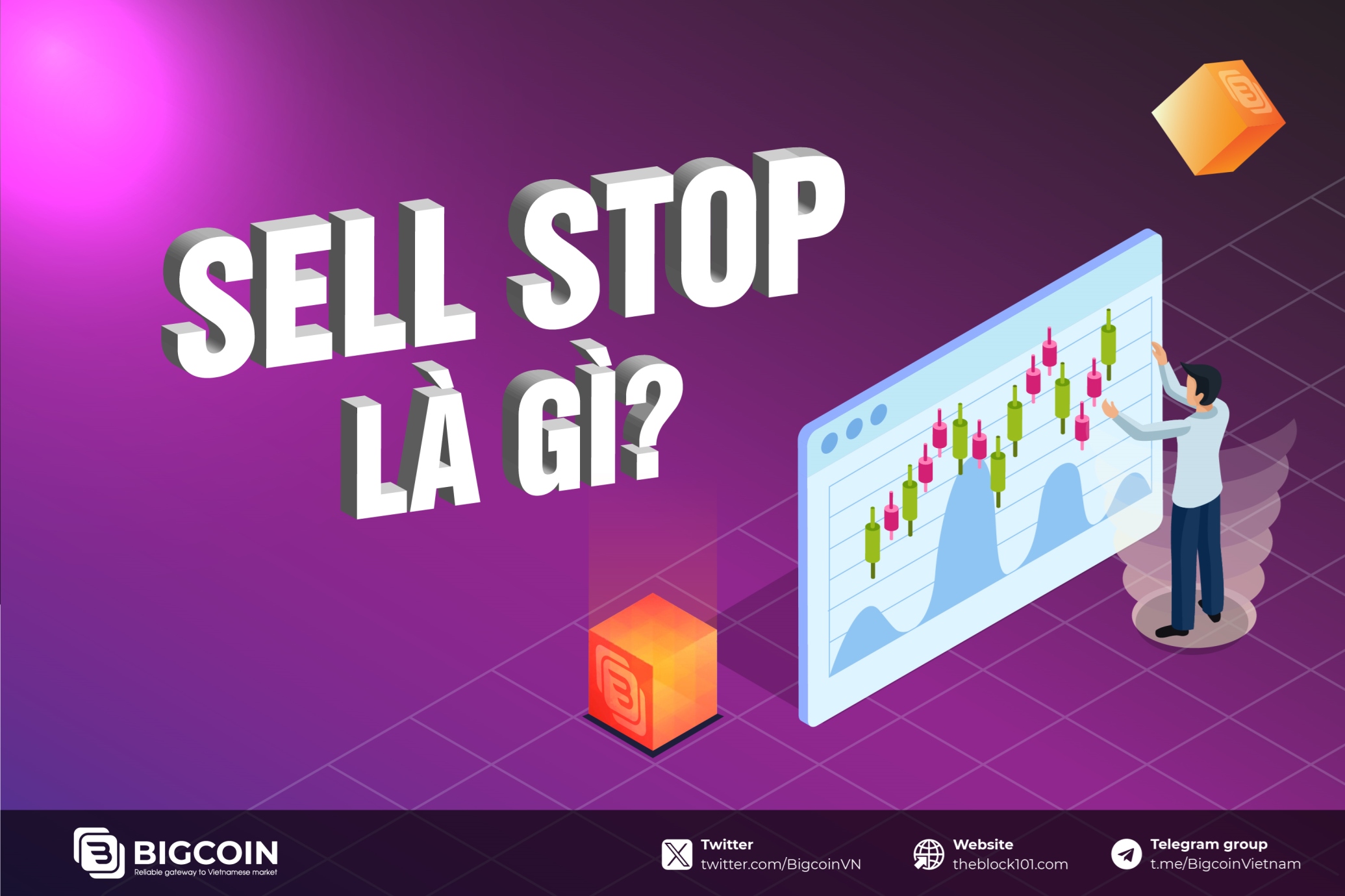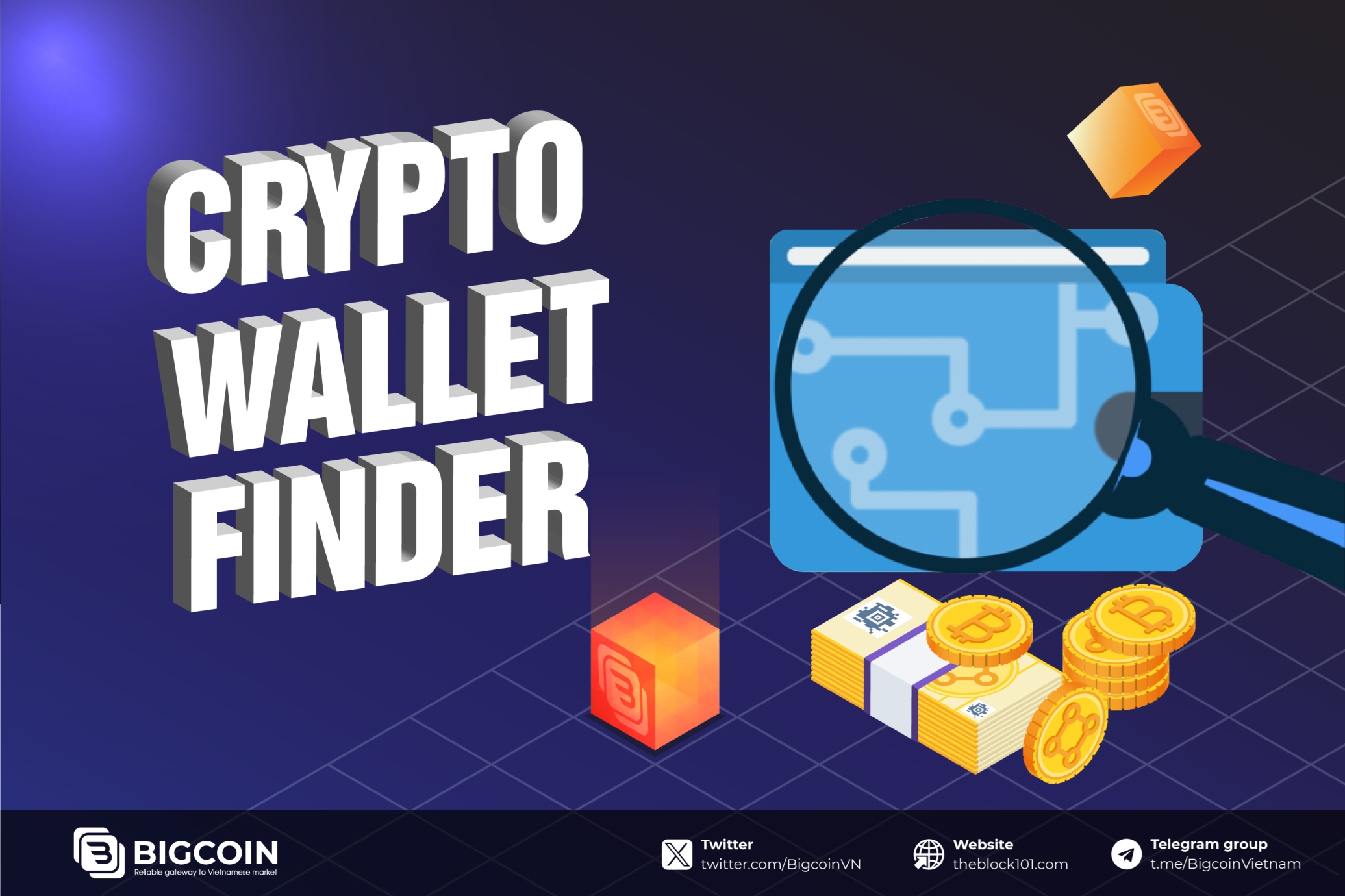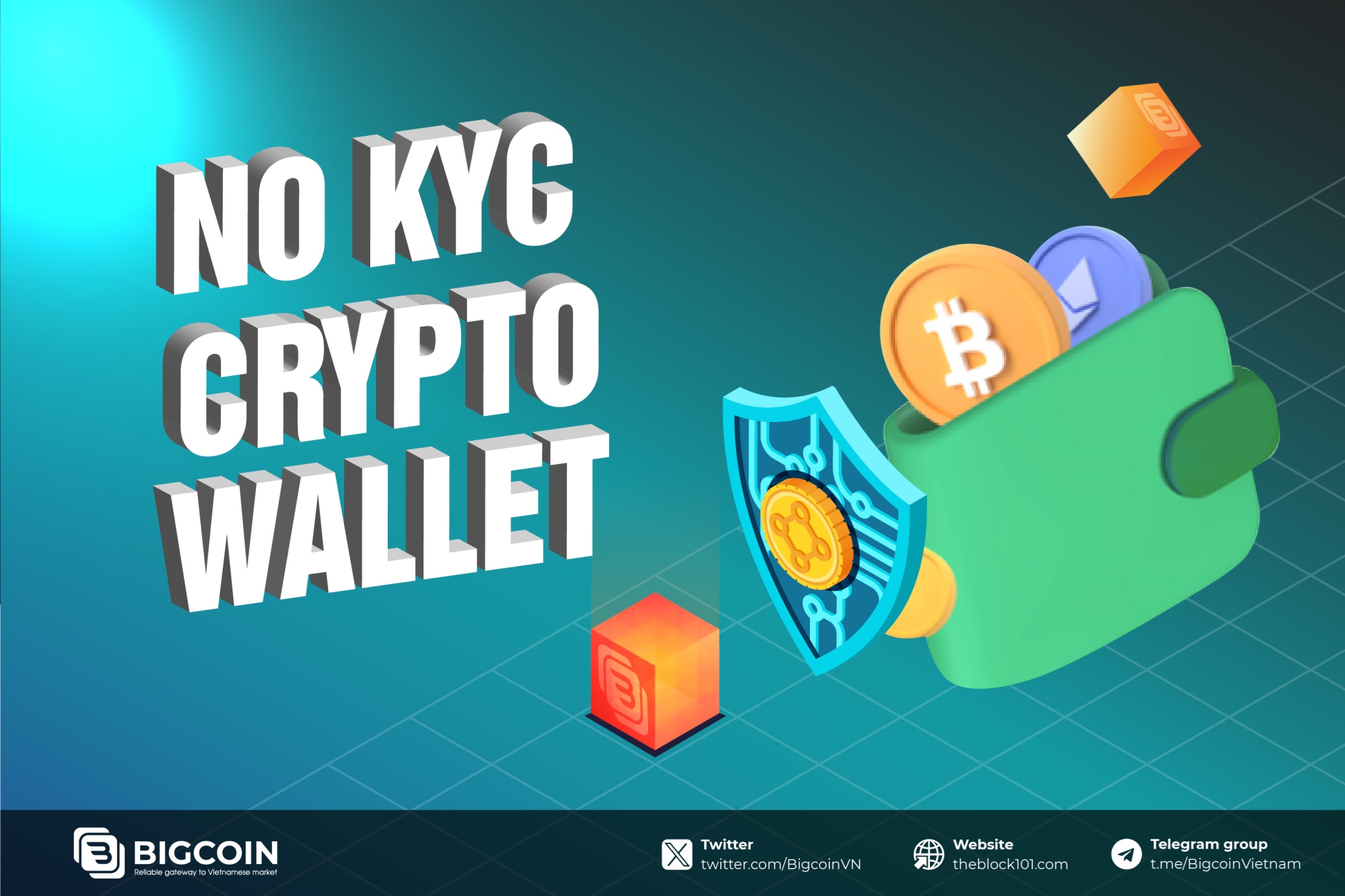1. What is a Cryptocurrency Exchange?
A Cryptocurrency Exchange is an online platform that allows users to buy, sell, and trade various cryptocurrencies like Bitcoin, Ethereum, and others.
In addition, exchanges help users temporarily store assets, manage balances, and participate in other savings activities, similar to banks in the world of digital assets.
However, users should not use exchanges to store assets long-term to minimize the risk of losing money due to security issues and other problems.

1.1. Functions of a Cryptocurrency Exchange
Cryptocurrency exchanges provide the infrastructure and system for users to trade assets efficiently.
-
Buying and Selling Cryptocurrencies: Users can buy and sell cryptocurrencies using fiat currencies (e.g., USD, EUR) or other cryptocurrencies. The exchange allows users to trade between various cryptocurrency pairs. For example, you can trade BTC/ETH, ETH/USDT, and many other pairs.
-
Market Information: Exchanges provide information on prices, trading volumes, market fluctuations, and other relevant data to help participants make informed trading decisions.
-
Storing Cryptocurrencies: Exchanges allow you to store cryptocurrencies directly in your account. However, note that storing cryptocurrencies on an exchange is not as secure as storing them in a personal wallet (cold wallet).
-
Margin Trading: Users can engage in margin trading, meaning they can borrow funds from the exchange to increase their trading capacity. However, margin trading also comes with high risks.
-
Secondary Market: Exchanges often also have a secondary market where users can buy and sell various tokens and chain tokens, depending on the exchange's support.
2. Types of Cryptocurrency Exchanges Today
There are several types of cryptocurrency exchanges based on factors such as trading methods, features, target audiences, and operational scales. Currently, there are two popular types of exchanges: Centralized Exchanges (CEX) and Decentralized Exchanges (DEX).
2.1. Centralized Exchanges (CEX)
A Centralized Exchange (CEX) is a platform that facilitates transactions between buyers and sellers through a third-party intermediary.
Examples of CEX include Binance, Kucoin, Bitget, OKX, etc.
CEX platforms offer many features:
- Users can trade futures contracts and options.
- Stake cryptocurrencies to earn interest or rewards.
- Engage in P2P trading, allowing users to buy and sell cryptocurrencies directly with each other.
Advantages and Disadvantages of CEX:
Advantages:
- CEX platforms typically have a large number of users and transactions, resulting in high liquidity that attracts more users.
- Larger CEX platforms provide better customer support services, helping to resolve users' issues and inquiries 24/7.
- Convenient for deposits/withdrawals: CEX platforms often support traditional payment methods such as bank transfers and credit/debit cards.
Disadvantages:
- Dependency on Third Parties: CEX platforms are managed by the exchange itself, meaning users face risks if the exchange is hacked or goes bankrupt.
2.2. Decentralized Exchanges (DEX)
A Decentralized Exchange (DEX) is a platform that facilitates cryptocurrency trading without the need for a third-party intermediary.
Examples of DEX include Uniswap, Curve, DoDo, etc.
Advantages and Disadvantages of DEX:
Advantages:
- High Privacy: Users do not need to provide personal information like KYC when participating in DEX.
- Users have complete control and management over their accounts and cryptocurrencies.
Disadvantages:
- Lack of Liquidity: Fewer users on DEX leads to a lack of liquidity on decentralized trading platforms.
3. Top Reputable and Popular Exchanges (2023)
3.1. Binance
Binance offers a variety of trading services such as spot trading, margin trading, futures trading, Binance Launchpad (for IEO projects), staking, and more.
On Binance, the trading volume is high, and liquidity is good. The platform features a vast cryptocurrency ecosystem, supports multiple languages, and provides numerous benefits for users.

3.2. KuCoin
KuCoin is a centralized exchange (CEX) that offers a wide range of cryptocurrencies and supports various trading formats such as spot trading, futures trading, and derivatives.

Notable features of KuCoin include:
- High liquidity, supporting over 700 tokens.
- A diverse range of products, tools, and trading features.
- Support for more than 22 languages, including Vietnamese.
3.3. Bybit
Bybit is a well-known CEX focusing primarily on futures and options trading.
With fast transaction speeds and excellent customer service, Bybit aims to provide the best trading experience for its users while supporting multiple languages.
In addition to asset trading, Bybit offers many promotional programs for users to participate in and earn rewards, increasing their profits.

3.4. Uniswap
Uniswap is a decentralized exchange that uses an automated market-making (AMM) mechanism and ranks among the top exchanges on Ethereum.

3.5. PancakeSwap
PancakeSwap (CAKE) is a leading decentralized exchange (DEX) on the BNB Chain, allowing users to swap their coins without the need for an intermediary service.

4. How to Choose a Safe Exchange
With so many exchanges available today, selecting a safe cryptocurrency exchange is crucial to protect your assets and ensure secure transactions. Here are some important steps and factors to consider when choosing a safe cryptocurrency exchange:
-
Before participating in any exchange, choose one that is reputable and verified. Check user reviews, ratings, and security information before using the exchange.
-
Review the security measures implemented by the exchange. This includes encryption, protection against DDoS attacks, and a robust security system to safeguard your account.
-
Select an exchange with good liquidity to ensure that you can easily execute buy and sell orders at favorable prices without difficulty finding counterparties.
-
Consider the quality of the exchange's customer support system. Ensure that you can contact them quickly and effectively if needed.
5. 5 Tips for Safe Exchange Use
-
Enable Two-Factor Authentication (2FA): Always activate two-factor authentication on your account. By enabling 2FA, the exchange will provide an additional layer of protection by requiring a verification code or another authentication device when you log in or perform significant transactions.
-
Limit Funds in Your Exchange Account: Avoid keeping all your cryptocurrency in the exchange account. Use a personal wallet (cold wallet) to store larger amounts and only keep the necessary funds for trading on the exchange.
-
Use a Strong Password: Avoid using passwords based on personal information such as names or birthdays. Incorporate uppercase and lowercase letters, numbers, and special characters in your password.
-
Check the URL Address: Always verify the official URL of the exchange before logging into your account or making any transactions. There are many phishing websites, so avoid clicking on links from unknown sources.
-
Monitor Account Activity: Regularly check your account activity. If you notice any unusual or unauthorized activities, immediately change your password and inform the exchange about the situation.
6. Conclusion
With the growth of the cryptocurrency market and the increasing popularity of various cryptocurrencies, exchanges have become crucial hubs for buying and trading different digital assets.
New users should start with centralized exchanges (CEX) to familiarize themselves with basic trading practices and how to buy and sell cryptocurrencies. Avoid keeping large amounts of cryptocurrency on one exchange; it is advisable to diversify your assets across different exchanges or wallets.
Read more:

 English
English Tiếng Việt
Tiếng Việt
















